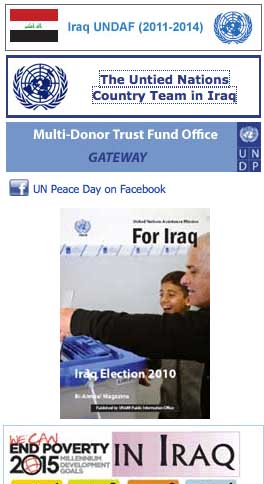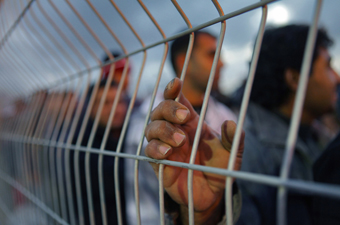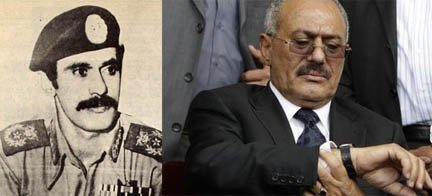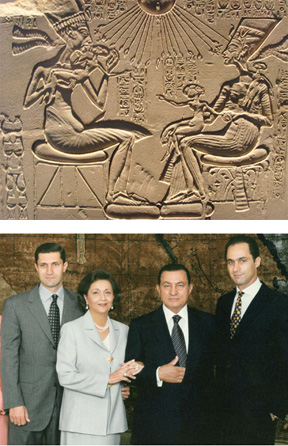
Most people find it hard to take cartoons seriously, apart from political satire and that can become a deadly issue, depending on the target. Given the recent Danish cartoon controversy it would seem that comics and religion do not mix well or at least settle well for the believers who see themselves as the target. But what about comic relief for the political struggle between Israel and the Palestinians? Fundamentalist tract artist Jack Chick, whose comic empire is dedicated to winning souls for Christ by drawing on God’s hate, has been using his pen to spread a rather nasty version of the Gospel for over 40 years. One of his more recent offerings is called “The Squatters†and it provides a virtual roadmap to apocalypse. Continue reading Tabsir Redux: Apocalypse Watch: The Man Who Knows Squat






